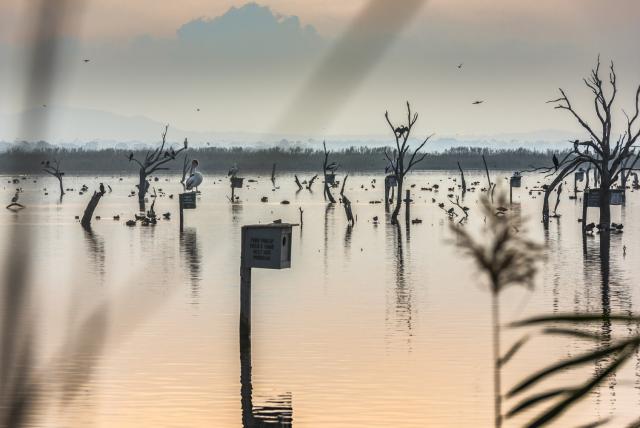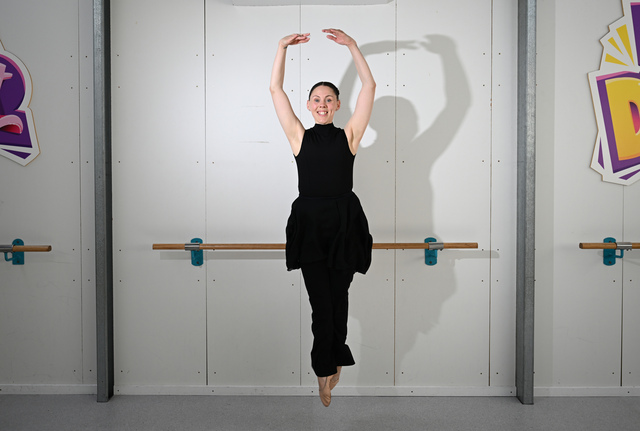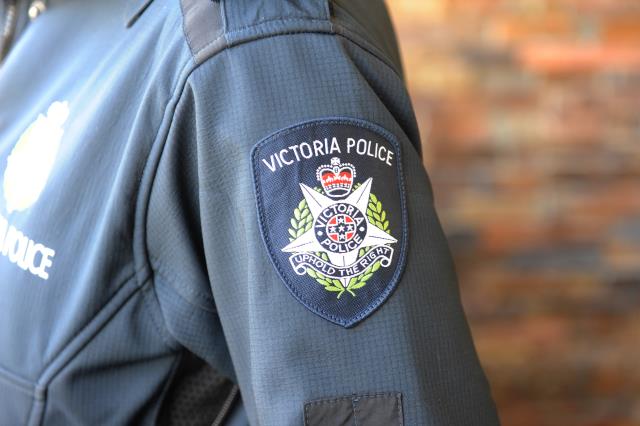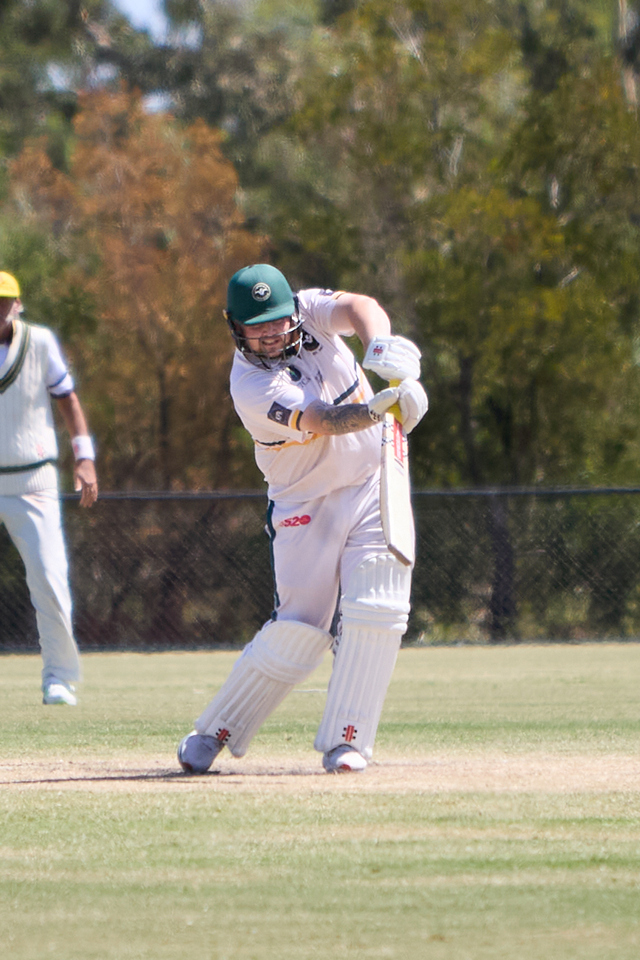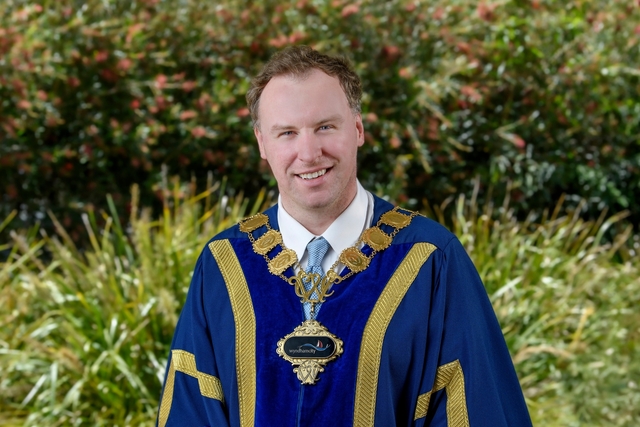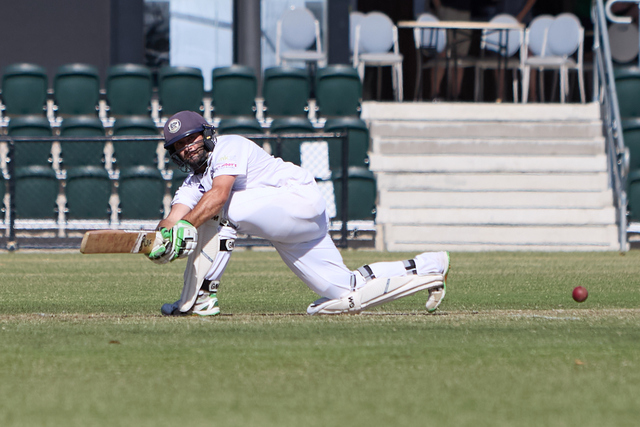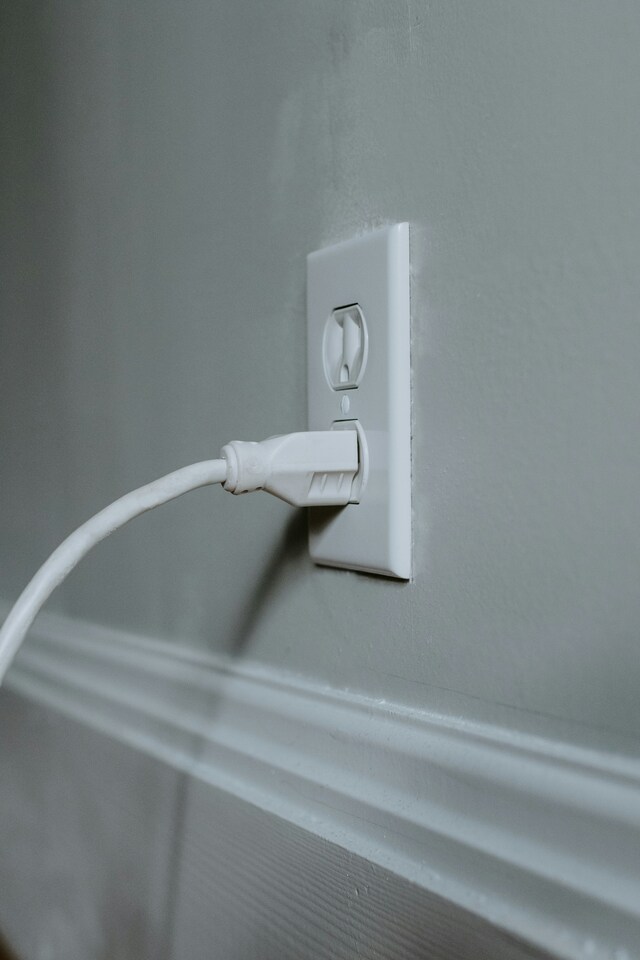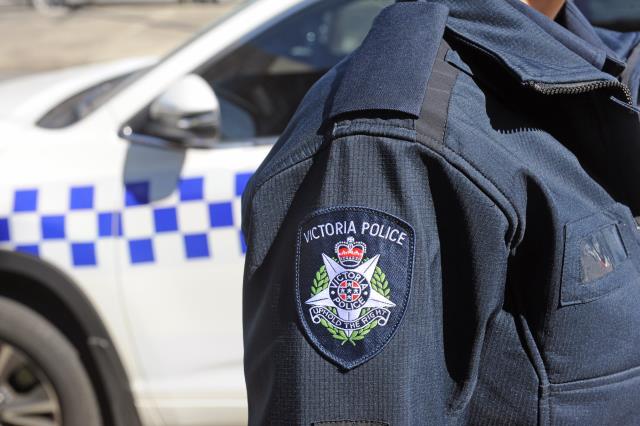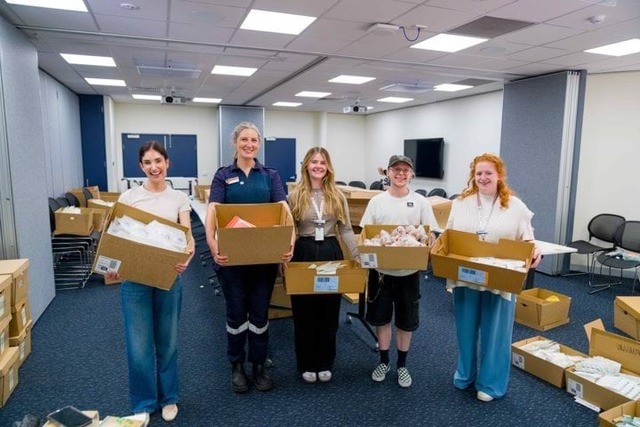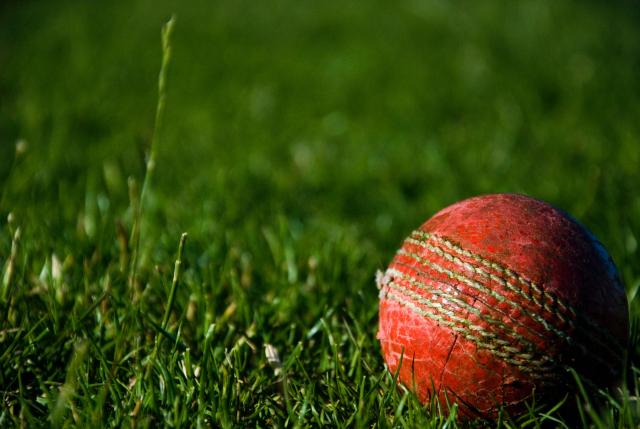Melbourne’s Western Treatment Plant will be the centrepiece of an ambitious public art project aimed at breaking down the stigma surrounding the city’s waste waterways.
The Treatment III project, running until April 28, is curated by Deakin University School of Communication and Creative Arts academics Professor David Cross and Associate Professor Cameron Bishop, who have curated the project since its inception in 2015. This year marks the third iteration of the event following a brief pause during the onset of COVID-19.
Professor Cross said the plant’s history as a vital piece of Melbourne’s infrastructure was traditionally lost on the city’s inhabitants who took for granted its day-to-day function.
But he said Treatment III aimed to challenge the stigma associated with the plant and celebrate surrounding communities.
“What many people don’t realise is the Western Treatment Plant is also one of the state’s most popular spots for birdwatching, with some birds migrating from as far away as Siberia to its wetlands. Treated water is also used on the region’s market gardens to grow fresh produce,” Professor Cross said.
Highlights of this year’s project include site-responsive art installations, film, sculpture, and performance works staged across locations along the historic Main Sewer Outfall pipeline stretching from Melbourne to Werribee.
Associate Professor Bishop said a music event staged at a 180-year-old water tower in the now abandoned town of Cocoroc would be a key attraction. Melbourne Water will host sessions to demonstrate the wastewater testing process – including how they tested for COVID-19 during the pandemic.
And guests will have the opportunity to attend a special Sunset to Sunrise showcase on Friday, April 21, from 5pm-10pm, and Saturday, April 22, from 6.30am-6pm at the Western Treatment Plant, with music, art and performances. This event will celebrate a day in the life of the plant by drawing attention to how wastewater technologies operate, their value to society, and how they contribute to public health.
Melbourne Water head of the Western Treatment Plant Alanna Wright said the plant was an absolute jewel in Melbourne’s infrastructure.
“The Western Treatment Plant is where Melbourne’s sewage treatment, agriculture and biodiversity meet resource recovery, education and ecotourism. Through an extensive network of interconnected underground pipes and sewers, the plant treats about half of Greater Melbourne’s sewage! This project will put an exciting spotlight on the rich history of this special space,” Ms Wright said.

